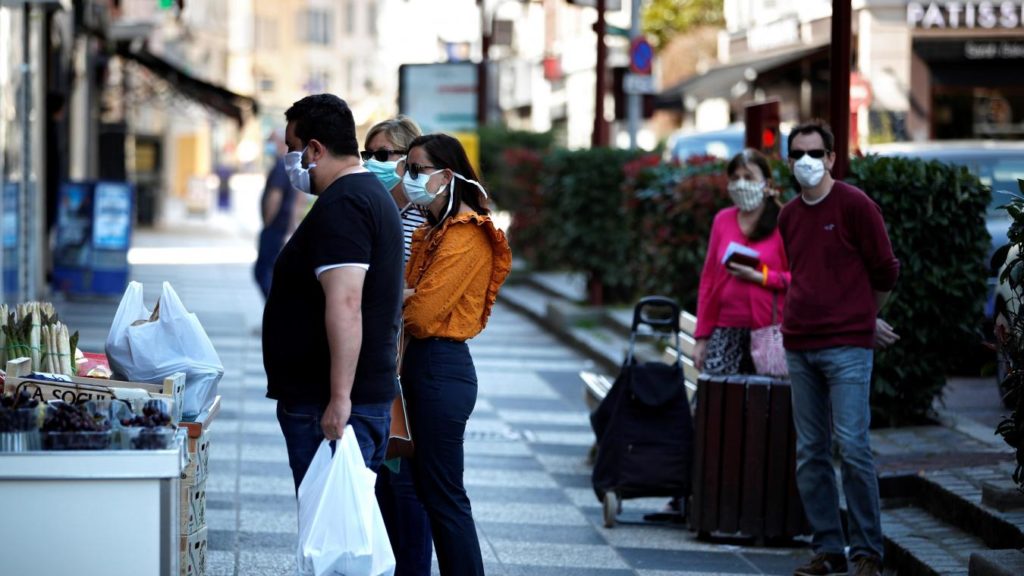The European Court of Auditors (ECA) has reviewed the EU’s initial response to the COVID-19 crisis in a new report and draws attention to certain challenges faced by the EU in its support for member states’ public health actions.
From the very start of the outbreak of the pandemic, ECA made it clear that it would not audit the EU response to it in real time, accepting the European Commission’s opinion that it is an evolving crisis which cannot be audited. The report is not at a proper audit report but a review report limited to EU’s initial response from 3 January to 30 June 2020.
It was on 3 February when WHO received the first information from Chinese officials about a cluster of cases of ‘viral pneumonia of unknown cause’ in Wuhan. The WHO classified COVID-19 as a pandemic first on 11 March 2020.
WHOs own response is subject to an evaluation by the Independent Panel for Pandemic Preparedness and Response for the WHO Executive Board. A second progress report was published recently.
By 30 June 2020, there were 1.5 million COVID-19 cases and 177 000 deaths declared in the EU/EEA/UK. By now (24 January 2021), the number of cases has increased to 23 million and more than a half million people have lost their lives.
Despite the limit in scope, time and intent, the report includes a wealth of information and might serve as an input to a future audit.
The auditors did collect information as in an ordinary performance audit from the relevant Commission services. They also sent a survey to the public health authorities in all member states about the use of the Commission-led joint public procurement of medical equipment, to which 18 member states replied.
From the very start, ECA underlines that the EU’s public health competences are limited. It mainly supports the coordination of member state actions (through the Health Security Committee), facilitates procurement of medical equipment (by creating joint procurement framework contracts), and gathers information/assesses risks (through the European Centre for Disease Prevention and Control - ECDC).
Since the start of the COVID-19 pandemic, the EU took further action to address urgent issues, facilitating the supply of medical equipment and information exchange between member states, as well as promoting testing, treatment and vaccine research. It allocated 3 % of its annual budget by 30 June 2020 to support public health related measures.
“It was a challenge for the EU to rapidly complement the measures taken within its formal remit and support the public health response to the COVID-19 crisis,” said Joëlle Elvinger, the ECA member responsible for the review.
“It is too soon to audit ongoing actions or assess the impact of COVID-19 related public health EU initiatives, but these experiences can provide lessons for any future reform of the EU’s competences in this field”.
In fact, already in a 2016 audit report, ECA had flagged weaknesses in the use of the EU's 2013 legal framework for dealing with serious cross-border health threats. Some issues, such as preparedness planning have proved to be persistent.
It was challenging for the ECDC to manage the timeliness, quality and completeness of information received from member states, and the different surveillance and testing strategies used by the member states makes comparisons and assessments difficult. The ECDC has cautioned that considerable work still needs to be done to establish and strengthen robust population-based surveillance of COVID-19.
A key test for member states in addressing the pandemic was ensuring the supply of sufficient medical equipment. The Commission also launched joint procurement framework contracts for medical equipment. However, the member states procured the vast majority of their medical supplies through national procurement pathways.
As regards the procurement of vaccines, the Commission did manage to purchase them in a joint procurement on behalf of all member states but this process falls outside the scope of the review and it remains to be seen if the huge numbers of ordered vaccine doses will be delivered timely to the member states and deployed by them in an effective way.
M. Apelblat
The Brussels Times

